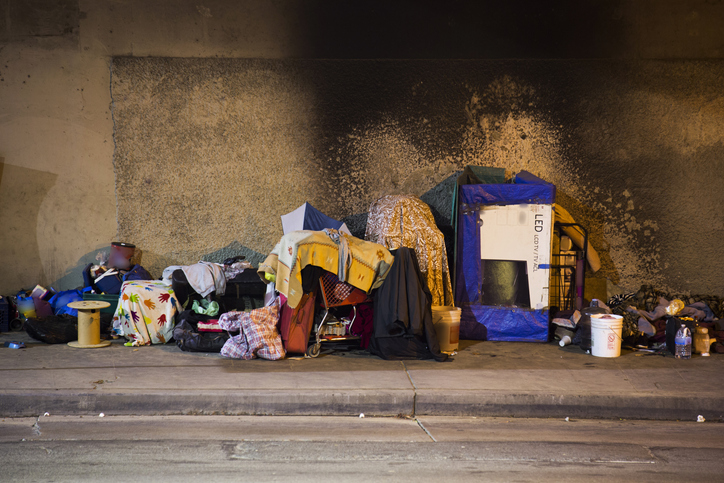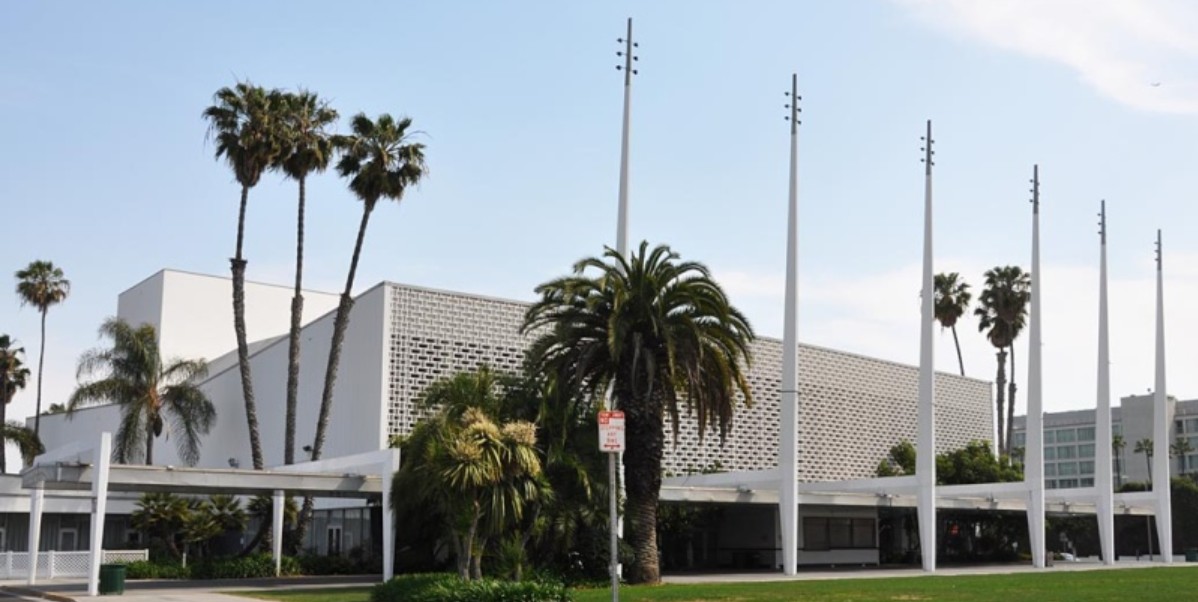Whether or not he manages to eliminate all of the more than 400 city redevelopment agencies that have thrived around California for six decades, it now appears Gov. Jerry Brown will at the very least spur them to do some things they probably should have done long ago.
Things like turning over large amounts of the tax dollars they raise to public schools and paying to pave city streets. Basic government functions.
Since redevelopment agencies (often simply called RDAs) get all their money from property taxes that ordinarily go for such purposes, these concessions might seem like common sense items that should have been happening all along.
But that’s not often been how things worked. RDAs are local agencies authorized to declare certain parts of their cities blighted, then buy up the land and sell or give it to developers of shopping malls, hotels, stadiums, condominiums, apartments or office buildings. The difference between taxes paid on the property in its “blighted” pre-redevelopment condition and what’s paid on the new structures goes to the RDAs, which use it to buy up more allegedly blighted land for more new buildings that in turn raise more new property tax money.
Most RDA governing boards are made up of the same people who sit on city councils, with hundreds of councils holding RDA meetings right after their regular sessions, adjourning one meeting only to switch hats and call another to order.
Brown’s budget proposal calls for eliminating all RDAs and letting cities use other means to encourage new construction. Money now flowing to them would instead go to the state, to the tune of $1.7 billion per year. Those funds could be used to keep parks open, prevent shortening of the school year, preclude larger-than-planned cuts in Medi-Cal and in-home care for the disabled elderly, blind or developmentally disabled, and more.
The RDAs’ counterproposal, floated by Los Angeles Mayor Antonio Villaraigosa and backed by California’s 10 largest cities, would see the RDAs divert $200 million a year to the state for the next 25 years, that money to be used in part as collateral letting the state borrow $1.7 billion a year for awhile – thus bringing the state payments equal to what it would get each year if there were no RDAs.
Sensing he has the city officials on the run in spite of their defiant talk about lawsuits and their attempts to approve tens of billions of dollars worth of future projects before RDAs can be eliminated – all in the hope of keeping most of their money away from the state – Brown has not bitten at the compromise RDA offer.
“He’s made it clear that any (budgeting) plan involving smoke, mirrors or gimmicks will be dead on arrival,” press secretary Gil Duran told a reporter.
Which means the RDA offer may never become official. Even if it doesn’t, it is a sign city officials are not so sure about their frequent claim that last year’s Proposition 22, which prohibits the state from dunning RDAs as it did the last two years, would also prevent state officials from simply disbanding them.
The League of California Cities, often derided by Republicans as a liberal group, claims RDAs are fully protected by that initiative, which passed on a 60-40 percent vote.
The large margin, in a general election, ought to contain some notes of caution for Brown. It was a statement that voters trust local governments more than the state.
If Brown rejects all the cities’ overtures and insists on an all-or-nothing approach, city officials may campaign against his entire budget plan if there’s a special election this June. Such an election would in any case figure to draw fewer voters and a more conservative electorate than any general election or statewide primary. The Proposition 22 results indicate the cities might defeat Brown’s plan and force him to accept a cuts-only approach to the next budget.
That, says the non-partisan state legislative analyst’s office, could lead to massively reduced spending for public schools and colleges, courts, Medi-Cal and more, a long-term halt to all sales of state bonds and switching to a pay-as-you-go system for new highways and other infrastructure projects, to name just a few likelihoods.
This would be atop the cuts Brown already proposes.
What’s developing, then, amounts to an unprecedented game of political “chicken,” with neither Brown nor the cities wanting to capitulate until the public’s views on RDAs become much more clear.













